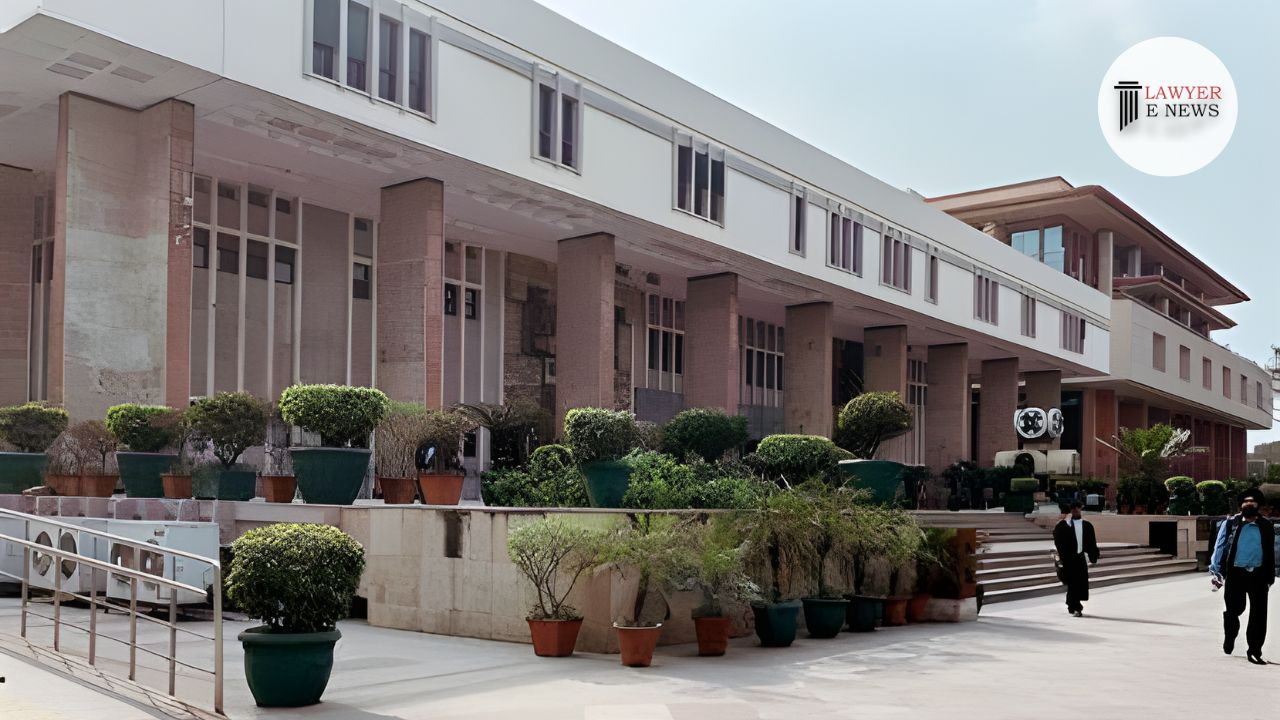-
by Admin
15 February 2026 5:35 AM



In a striking judgment, the Delhi High Court has dismissed a petition seeking extraordinary interim bail for the Chief Minister of Delhi, who is presently in judicial custody. The petition, filed under the pretense of public interest litigation, was deemed "unfounded and fantastical" by the Acting Chief Justice Manmohan and Hon'ble Ms. Justice Manmeet Pritam Singh Arora.
The court was approached with a plea claiming 'veto power' by the petitioner, asserting a right to secure the Chief Minister's release from all pending criminal cases. This unique claim raised issues regarding the principles of locus standi in public interest litigation and the misuse of judicial process for personal or political agendas.
The petitioner, a law student, represented himself as acting on behalf of "We, the People of India," and sought the court's intervention to grant the Chief Minister bail based on personal bonds and assurances. He claimed that the ongoing judicial custody of the Chief Minister had brought the administration of the National Capital Territory of Delhi to a halt. The court noted the unusual nature of the claims, emphasizing that no individual could claim a unilateral 'veto power' to override judicial decisions.
Veto Power and Representation: The court categorically dismissed the petitioner’s claim of having a 'veto power' as legally baseless and a misconstruction of public interest litigation principles. “The petitioner's fanciful claim to represent the people of India is devoid of any legal basis and is outright rejected,” remarked ACJ Manmohan.
Equality Before Law: Emphasizing the rule of law and constitutional equality, the court observed, "Be you ever so high, the law is above you." The court underscored the need for maintaining public confidence in the judicial system, which cannot be overshadowed by any individual's position or office.
Misuse of Judicial Process: The petition was deemed an abuse of the legal process, with the court highlighting that the petitioner, being a student with no direct involvement or legal standing in the matter, improperly sought judicial relief for the Chief Minister. The court pointed out that the Chief Minister could himself seek legal recourse through appropriate legal channels.
Decision: The writ petition was dismissed with costs, ordering the petitioner to pay Rs.75,000 as punitive damages for the frivolous litigation. The costs were directed to be deposited with the AIIMS Poor Fund to emphasize the seriousness of misusing judicial processes.
Date of Decision: April 22, 2024
THE PEOPLE OF INDIA VS UNION OF INDIA & ORS.
